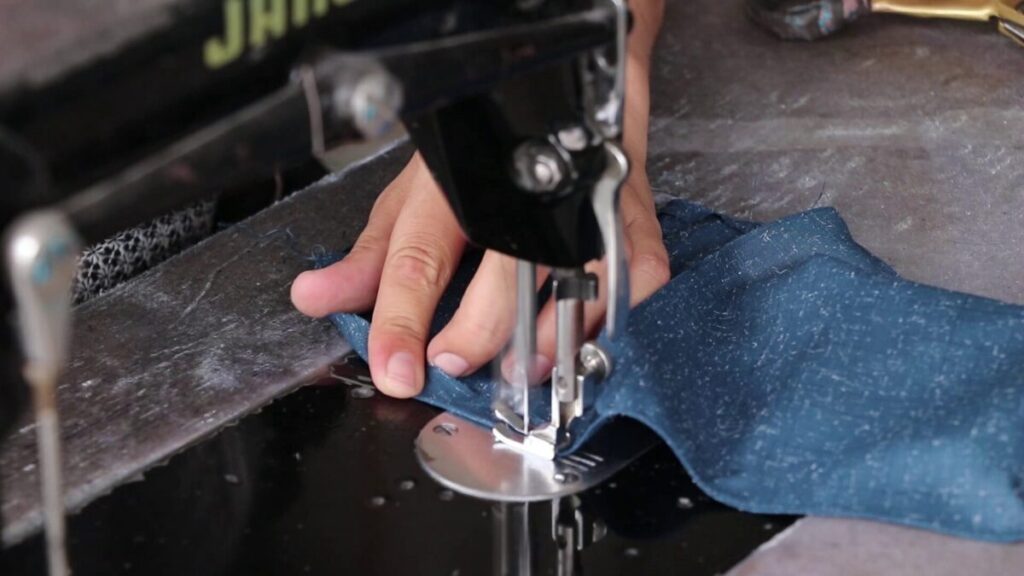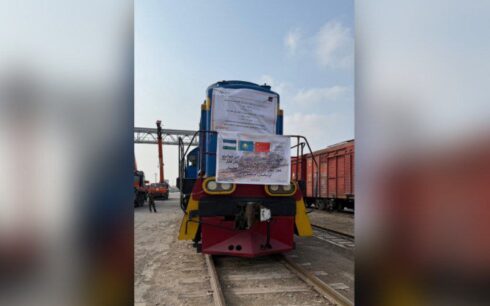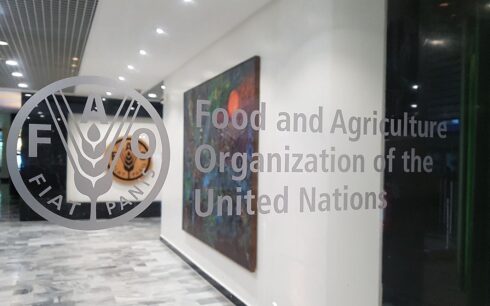As Eid approaches, demand for traditional men’s outfits, adorned with embroidery, has surged in Kandahar province, southern Afghanistan. However, local tailors are expressing dissatisfaction with price controls imposed by the Taliban, stating these do not consider their operational costs, affecting their profitability.
The Taliban’s new pricing dictates sewing a simple shirt at 250 Afghanis (approximately $3.5), a significant reduction from the 500 Afghanis ($7) tailors in Kandahar previously charged. “They made the price list, but first they should have consulted with us tailors about our expenses, like shop rent. This price list adds to our difficulties,” Ahmad Rahim, a Kandahar tailor, remarked.

Mohammad Yaqub Shah, another tailor, highlighted the economic pressures they face, “The government should address our concerns, lower shop rents, and then set prices. I’m burdened with 8,000 Afghanis in rent, plus the cost of living for my students and family, all while everything else in the market is becoming more expensive.”
Traditionally, tailors set their prices based on customer requests, with costs varying per client.
“Each customer has their price. Some may pay 500 Afghanis for quality work, while others might only offer 300 Afghanis. Either way, we end up with little to spare,” Nazir Ahmad explained.

Bashir Ahmad pointed out the disparity in shop rents, “Some pay only 1,000 Afghanis, but we’re charged 8,000 Afghanis based on location. The pricing should reflect these differences.”
This issue is not unique to Kandahar; the absence of standardized pricing for sewing services, including “turban shirts,” in Kabul and other provinces has been a longstanding concern among Afghan citizens. With Eid nights approaching, many note a sharp rise in sewing prices, underscoring the impact of unregulated costs during peak seasons.





